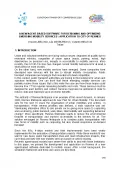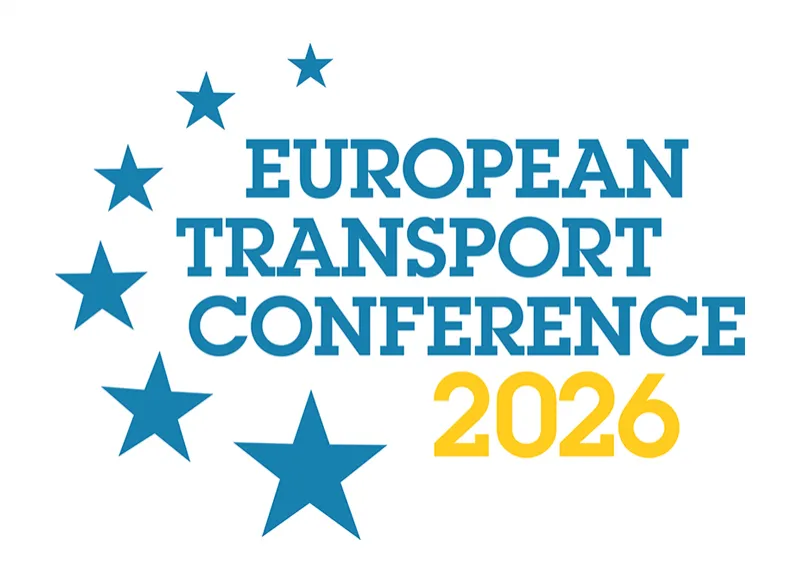-
Past ETC Papers

Browse, search and view papers from the past AET Conferences.
-
Members' Area

AET promotes networking and exchange of ideas, information and opportunities amongst members.
Conference Papers 2020
Online
ETC Conference Papers 2020
A new agent-based software for designing and optimizing emerging mobility services : application to city of Rennes
Seminar
Day 3 (11 Sep 2020), Session 9, New Modes and Shared Mobility, 15:30 - 17:30
Status
Accepted, documents submitted
Submitted by / Abstract owner
Vincent Leblond
Authors
Vincent Leblond, Léo Desbureaux, Valentin Bielecki
Short abstract
Emerging mobility services need to be evaluated with agent-based models. We have then developed a completely new software in order to fulfill transport studies requirements. It has been applied on several use cases on Rennes urban and suburban area.
Abstract
Urban and suburban territories are facing various issues : degraded air quality due to motorized vehicles, congestion of urban space (roads, parking, noise), too high dependence on personal cars, inequity in accessibility to mobility services.
On the other hand, new mobility services have emerged. Some companies developed new services with the aim to disrupt mobility consumption. Public transport companies are hoping to find innovations to beat competition.
In this context, public transport authorities are hoping to find solutions for urban and suburban territories. One can think that these emerging mobility services can partially resolve those issues. But is this really the case and how those hopes could become true ? This requires measuring benefits and costs. Those services must be designed for each territory and context. Services must also be optimized in order to reduce costs and maximize socio-economic benefits.
Facing these public transport authorities questioning, evaluation tools for emerging mobility must be developed and released. As transport demand and supply are strongly linked in those new mobility services, 4-steps models are not suitable on their own. Recent researches have shown that agent-based models are relevant for this type of systems. Although there are active developments and research on MATSim Open Source agent-based software, we don’t find it fully suitable for operational use case. Transport planning studies need lighter and simpler tools. They also need the ability to design services with lots of details.
This is why we have developed a new agent-based software, generic and flexible enough in order to simulate conventional transport systems, emerging mobility services, but above all simulate services that do not yet exist or virtually adapt existing services.
Our software is developed using a low level discrete event engine and abstract classes specifically defined for movements and interactions on a spatial environments. Transport models are developed over these abstract classes by defining agents specific rules and interactions. Those rules can be very simple like a shortest path to reach the closest bus stop or very complex like a dial-a-ride algorithm for solving on-demand transport dispatch.
As currently designed, the simulator takes as input a detailed spatially and temporal modeling of demand. Then it simulates interaction with transport systems and produces detailed indicators for scenario calibration and analysis.
Since the end of 2019, our simulator is supported by Rennes Métropole and its partners under an “Industrial demonstrators for the sustainable city” project. Our simulator is currently applied on Rennes urban and suburban area. Several emerging mobility use cases are evaluated:
- On-demand shared transportation with advance booking and explicit connection with existing public transportation network.
- Design and sizing of a free-floating kick scooter in a University campus for internal trips.
- New design and optimisation of the existing station-based bike sharing systems.
In those use cases, scenarios are evaluated and compared in order to quantify detailed key indicators on costs and socio-economic benefits.
Programme committee
Transport Models
Topic
The future of transport
Documents:

Association For
European Transport
Forester House
Doctors Lane
Henley-in-Arden
Warwickshire, UK
B95 5AW
+44 (0) 15 64 793552
VAT number: 710 1866 64
Conference Supporters & Endorsers




Legal Entity
The Association for European Transport is registered as an Association ('vereniging') with the Chamber of Commerce for Haaglanden in The Netherlands under company number 27170096.
Built on Zenario




